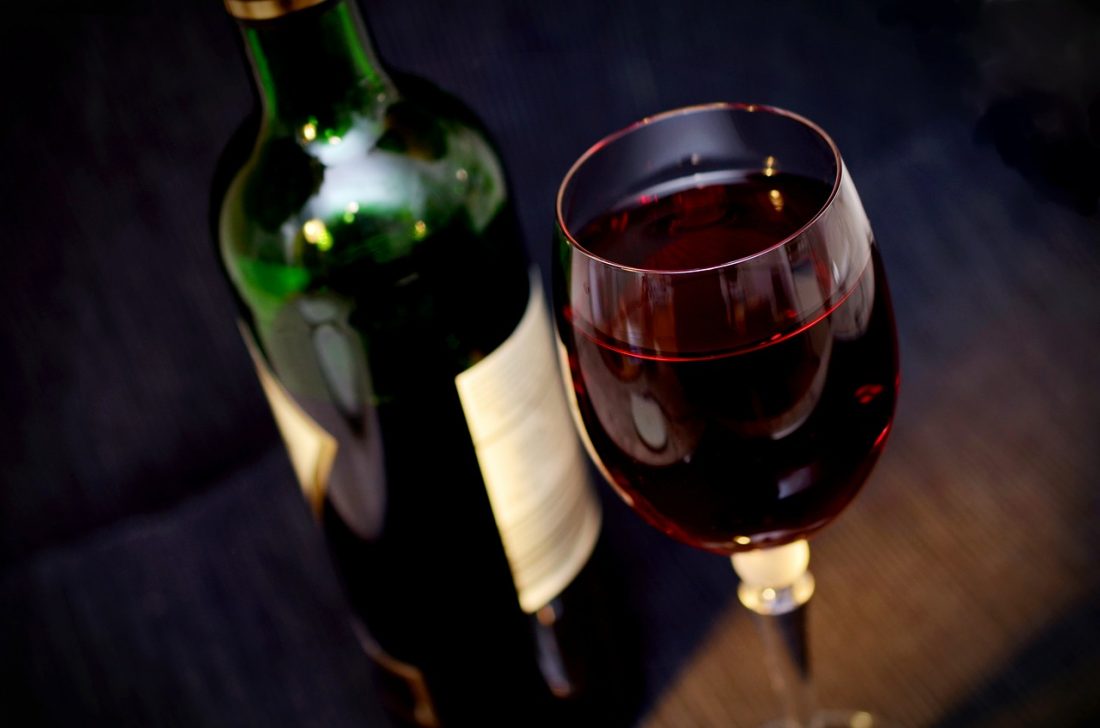How much alcohol do you consume? In a busy lifestyle, it’s easy to get a bit hazy about how many full-bodied glasses of red we treat ourselves to after a long, exhausting day.
But, how much of an impact is drinking too much alcohol having on our health? The Dry January campaign is all about highlighting the real benefits of why we should reduce the amount of alcohol we drink.
At the start of every new year, many of us take the opportunity to take stock of our lives and make plans for goals that we’d like to achieve. Getting fit and healthier is usually high up on the list for many people and reducing our alcohol intake is always a good idea. The #DryJanuary campaign is the annual movement observed by people who completely abstain from drinking any alcohol for the whole of January. Last year, more than two million people took part.

There are many reasons why you should take part in the campaign, at the extreme end, recent reports of drunken revellers putting a strain on our health service, prompted the Chief Executive of NHS England to declare in The Guardian: “NHS doesn’t stand for National Hangover Service.” This strain often diverts resources away from those who really need the NHS, let alone the financial implications of treating the drunks. While those who take their drinking too far are one end of the scale, the Dry January campaign is highlighting the clear health benefits of generally reducing the amount of alcohol we consume.

The main benefits are:
Lose weight
What if we told you that a glass of wine (175ml) contains as many calories as a Cadbury Chocolate Mini Roll? The average wine drinker takes in an additional 2,000 calories from alcohol every month, in a year, the equivalent of eating 120 doughnuts! Of course, moderation is the key and the NHS has tips to avoid weight gain.
Skin improves
We know that black don’t crack, but you’ve got to help nature do her job! It’s well-known that drinking alcohol adversely affects the skin, notably causing dehydration, and in extreme cases, causing Rosacea, puffiness and facial swelling. Reducing the amount of alcohol that you consume will help to restore proper hydration to your skin.
Better sleep
Drinking too much alcohol before you fall asleep compromises the quality of your slumber, and you can wake up still feeling tired and moody. Speaking to HuffPost UK, Professor Paul Wallace, chief medical advisor at Drinkaware, said: “If you’ve been drinking you’ll typically only have one to two cycles meaning you can wake feeling exhausted and irritable.
“Getting your full six to seven cycles of REM sleep per night is the key to waking up feeling refreshed.”
Save money
Did you know that the average person spends about £50,000 on booze in their lifetime? What!! Dry January reports that 79 per cent of people who took part, saved money, FACT! Enough said, especially if it means there’s going to be more money for our shoe addiction!













1 comment